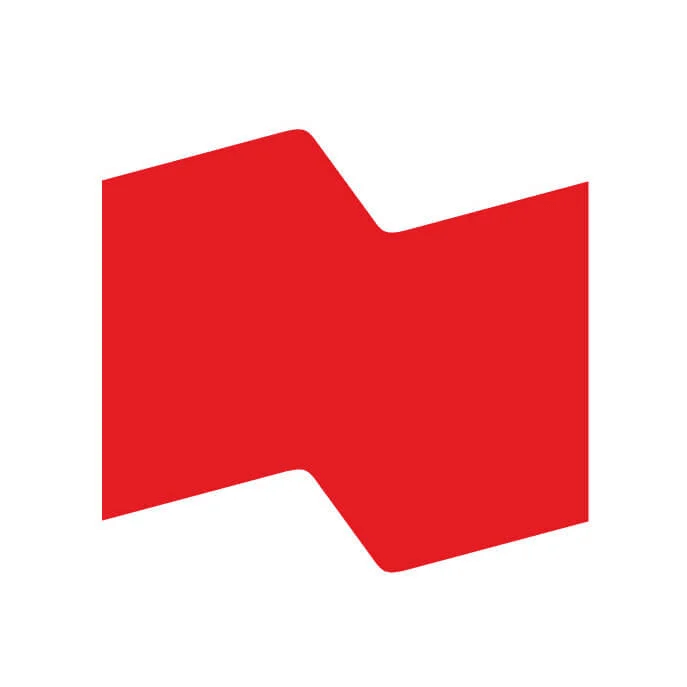2. Jobs in health care
The demand for health care workers has never been higher. The Canadian government has included health care workers in its first-ever category-based priority jobs process, announced in May 2023. The following month, it announced a new immigration stream for health care workers—the first 2,000 invitations to apply were sent out last year. Some provinces—including British Columbia, Alberta and Nova Scotia—have express entry or dedicated pathways for newcomers to get health care jobs quickly. Nova Scotia’s program is a pilot project. (See resource box below for links.)
In-demand jobs: Health care jobs range from hospital administrative staff (such as medical office assistants, secretaries and schedulers) to unregulated care providers (such as personal support workers and physician assistants) to regulated professionals (such as doctors, nurses and pharmacists). (Regulation will vary by province or territory.) According to the Canadian Institute for Health Information (CIHI), the need for nurses here is high, based on Canada’s RN-to-population ratio. (In 2022, we had just 825 nurses per 100,000 people.) Physicians are also badly needed. From 2022 to 2031, the number of job openings for family physicians and general practitioners is expected to reach 48,900, far outweighing the estimated 29,400 job seekers, according to the Canadian Occupational Projection System (COPS).
Training and credentials: This varies widely by job type, and by province or territory. Administrative and unregulated health workers may need training to satisfy job requirements; you can find courses at government-funded and private schools. For regulated health professionals, getting international credentials recognized in Canada can be challenging. This is changing somewhat, as regulatory bodies try to address the labour shortage. Still, getting licensed or certified to work in Canada can be expensive and time-consuming, and many newcomers are not successful in continuing their medical careers here. (Start with the government’s Foreign Credential Recognition Tool.)
Industry hot spots: The demand for health workers is strong across Canada. However, there are some places where the need is greater than others. Family physicians are most needed in the three territories (Yukon, Nunavut and the Northwest Territories), Quebec and British Columbia. Among the provinces, the physician-to-patient ratio is the worst in Ontario, Manitoba, Saskatchewan and B.C. For personal support workers (PSWs) and continuing care assistants (CCAs), the demand is so high that some provinces, including Ontario and Nova Scotia, offer free training to qualified students. Graduates may be required to work in underserved communities for a certain period.
Salary range: Salaries vary widely by role, location and experience. A few examples from Canada’s Job Bank: Medical administrative assistants can earn $17 to $34.55 per hour (lowest rate in Prince Edward Island, highest rate in Yukon), with a national median of $22.56 per hour. Registered nurses can earn $25 to $83 per hour (lowest rate in Quebec, highest rate in Nunavut), with a national median of $40.39 per hour. General practitioners (family physicians) earn $69,539 to $497,843 per year (lowest amount in British Columbia, highest amount in Manitoba), with a national median of $233,726 annually.
Resources for health care workers
Return to menu.
3. Jobs in skilled trades
There are many ways to join skilled trades in Canada. In mid-2023, the government announced a category-based priority immigration plan that includes trades jobs, such as carpenters, plumbers and contractors. Some provinces, such as Ontario, British Columbia and Nova Scotia, have programs to compete for much-needed skilled workers. (See resource box below for links.)
In-demand jobs: Below are the top five Red Seal tradespeople in demand from now until 2026, according to Employment and Social Development Canada. (The Red Seal Program sets the standards for skills assessment of tradespeople. Canada has more than 300 designated trades; about 50 of them are Red Seal trades.)














